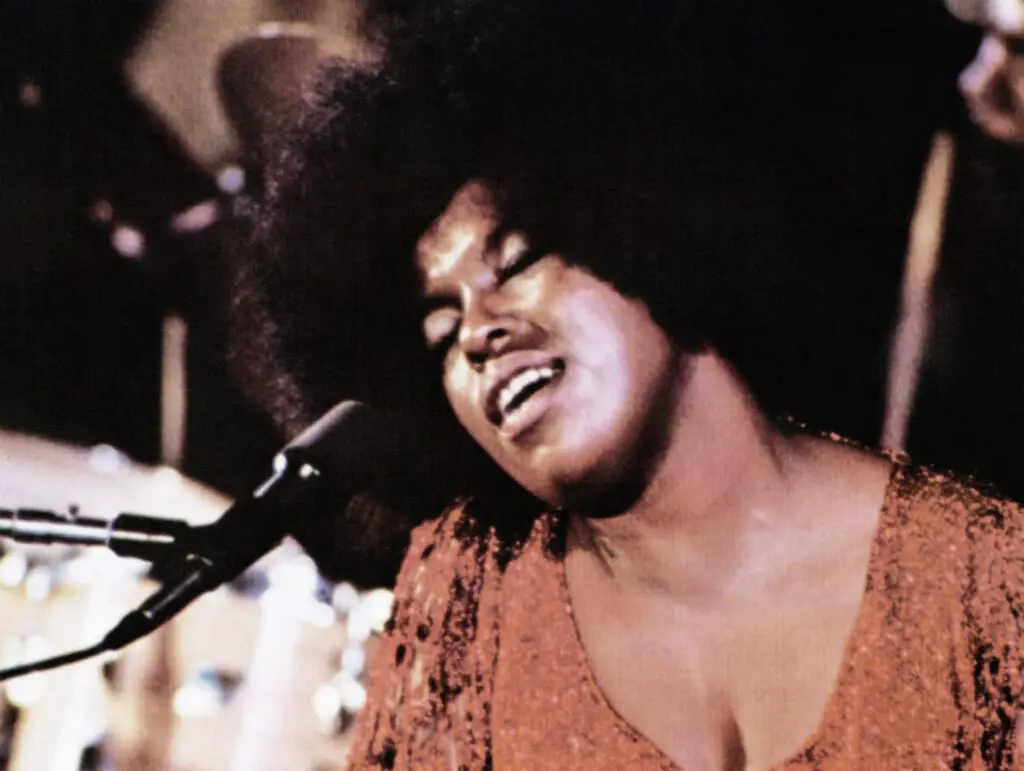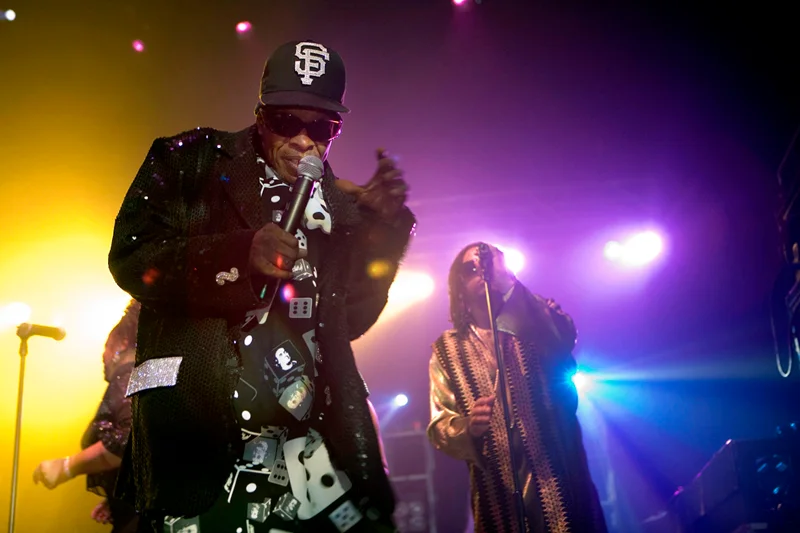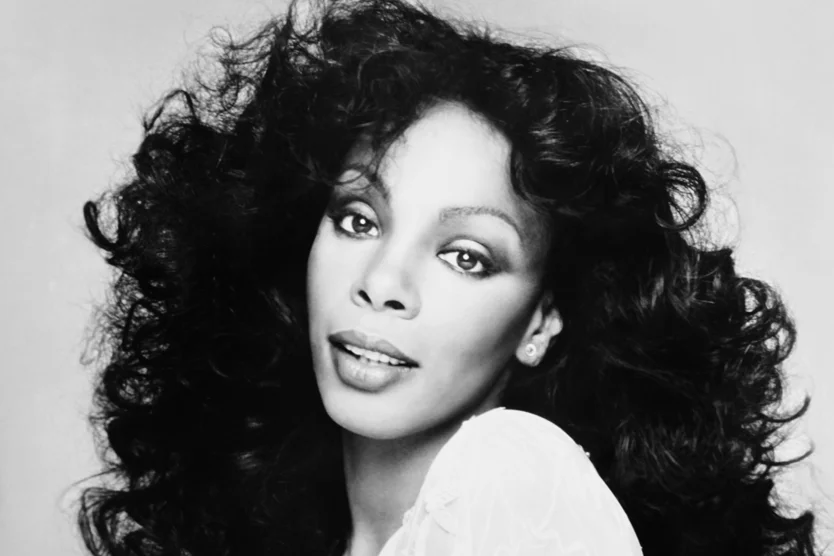1. Roberta Flack

Roberta Flack’s soulful voice took the ’70s by storm, with her unforgettable hits like “Killing Me Softly with His Song” and “The First Time Ever I Saw Your Face.” Her blend of jazz, soul, and pop created a new kind of vulnerability in music that resonated deeply with listeners. Flack’s ability to convey emotion through her smooth, powerful voice made her a standout figure during the decade. She brought a rare sophistication to the pop scene, earning her multiple Grammy Awards and widespread acclaim.
However, despite her immense success, Flack began to fade from the mainstream spotlight as the ’80s approached. While she continued to perform and release music, none of her later works captured the cultural attention of her early hits. It’s a shame that such a distinctive voice wasn’t more fully embraced in the following decades, especially when you consider her profound influence on artists who followed her.
2. Little Feat

Little Feat was one of the ’70s most innovative rock bands, blending elements of blues, jazz, R&B, and Southern rock into a unique sound that stood out in a crowded musical landscape. Their breakthrough album Waiting for Columbus became a cult classic, celebrated for its eclectic mix of styles and unforgettable live performances. Led by the brilliant Lowell George, the band created timeless tracks like “Dixie Chicken” and “Willin’,” which are still revered today by music lovers for their fusion of genres and exceptional musicianship. George’s songwriting and distinctive guitar playing helped carve out a niche for the band that remained unmatched during their time.
Tragically, Little Feat’s journey was cut short when Lowell George passed away in 1979 at just 34 years old. Though the band continued to tour and release music after his death, they never recaptured the same magic and influence they had under his leadership. It’s heartbreaking to think of the music Little Feat could have made had George lived longer, as they were on the verge of becoming a more widely recognized force in rock and roll, not just within niche circles. Their legacy lives on, but their time in the spotlight was far too brief.
3. Thelma Houston

Thelma Houston’s career was marked by her powerhouse vocals and her contribution to the ’70s dance scene. Her most famous track, “Don’t Leave Me This Way,” became an anthem of the disco era, showcasing her ability to turn a song into an emotional, uplifting experience. She was a key figure in the Motown label’s push toward a more contemporary sound during the decade, helping shape the sound of ’70s R&B and pop.
Despite her early success, Houston’s career quickly lost steam, and she never again reached the commercial heights of “Don’t Leave Me This Way.” While she continued to release music into the ’80s and beyond, she wasn’t able to replicate the cultural impact of her disco heyday. It’s a bittersweet reminder of how artists sometimes become overlooked, even after contributing so much to a musical movement.
4. Sly Stone

As the frontman of Sly and the Family Stone, Sly Stone was the mastermind behind some of the ’70s most influential hits, like “Everyday People” and “Thank You (Falettinme Be Mice Elf Agin).” His fusion of rock, funk, soul, and psychedelic music created a sound that was both unique and revolutionary. His music was not only groundbreaking but deeply socially conscious, addressing race, equality, and unity during a time of cultural upheaval.
However, Stone’s career took a dramatic turn in the late ’70s due to personal struggles, including issues with substance abuse and erratic behavior. As a result, he disappeared from the music scene for long stretches, leaving fans wondering what could have been if he had maintained his earlier momentum. His disappearance from the spotlight marked a lost opportunity for further innovation, as he had so much more to offer.
5. Karen Carpenter

Karen Carpenter’s voice, smooth and haunting, became synonymous with the ’70s soft rock scene, as she and her brother Richard formed the iconic duo, The Carpenters. Hits like “Close to You” and “We’ve Only Just Begun” are still beloved today for their perfect blend of pop, jazz, and easy listening. Her clear, pure voice made her a unique presence in the music world, offering listeners a sense of calm in an otherwise chaotic decade.
Unfortunately, Karen’s battle with anorexia led to her early death in 1983, just as she was beginning to find more creative freedom in her music. Despite her undeniable talent, she was lost too soon, and the world was left with a void in the soft rock genre that would never truly be filled. The Carpenters’ legacy remains an emotional reminder of a voice that could have influenced much more had she been given the time to thrive.
6. Donna Summer

Often called the “Queen of Disco,” Donna Summer’s music defined the ’70s dancefloor. With timeless tracks like “Last Dance,” “Hot Stuff,” and “Bad Girls,” she not only dominated the charts but also helped shape the disco era. Summer’s sultry voice and willingness to experiment with different styles made her a standout figure in the music industry, spanning genres from dance to rock and R&B.
Despite her meteoric rise in the ’70s, Summer faced challenges in the ’80s and beyond, especially as disco’s popularity began to fade. Though she successfully reinvented herself throughout her career, nothing quite matched the sheer cultural impact of her ’70s hits. She passed away in 2012, but her legacy continues to live on through the music that defined a generation.
7. Marc Bolan

Marc Bolan and his band, T. Rex, brought glam rock to life in the ’70s with their infectious mix of rock and pop. His hit songs like “Bang a Gong (Get It On)” became emblematic of the era, combining flamboyance and catchy hooks with an undeniable sense of swagger. Bolan’s image as a glam rock pioneer, complete with glitter and glam, made him a cultural figure who pushed the boundaries of both music and fashion.
However, Bolan’s life was tragically cut short in 1977 when he died in a car accident at just 29 years old. His untimely death prevented him from seeing just how much his influence would grow in the years to come, as his legacy has only expanded with time. Bolan was one of the ’70s most unique and creative voices, but his career was snatched away just as it seemed to be on the brink of even greater things.


